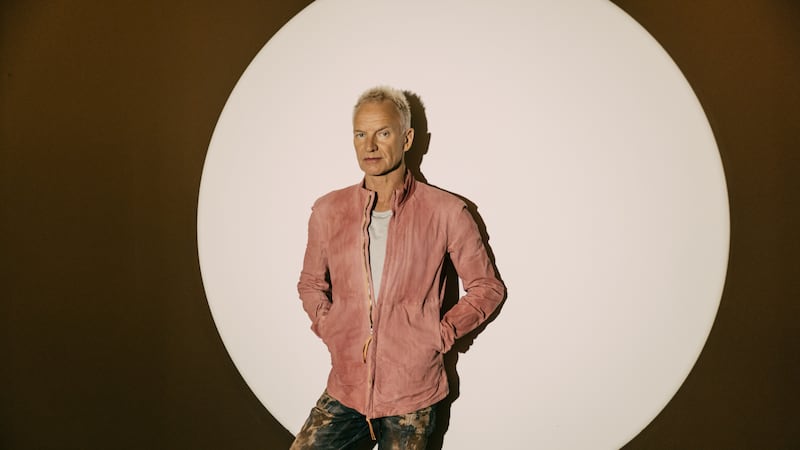The north’s commercial property market started 2024 coming off the back of a turbulent previous 12 months. And whilst the sector continues to navigate challenges like working from home patterns and changes in shopping habits, it is still critical in attracting inward investment from export businesses seeking to capitalise on the unique opportunities Northern Ireland has to offer.
The office landscape continues to evolve, even four years on from the Covid pandemic, with both the public and private sector continuing to consolidate and adapt when it comes to bricks and mortar space.
As a result of this, there continues to be a significant amount of vacant office stock on the market with low uptake particularly on the larger footprint spaces.
Highlighted in the most recent Rics commercial property sector is that there are strong expectations for the industrial sector. The survey points towards increased demand for industrial space from investors, albeit at a slower rate than was seen through the end of last year.
There are also challenges - and this applies across both the commercial and residential property sectors - when it comes to planning delays and the wastewater infrastructure deficit. We urgently need our government to address these issues so that we can continue developing much needed stock for our property sectors.
As we look towards 2030 and the likely introduction of minimum energy performance standards, the pressures on landlords are mounting and more will need to be done at a policy level to reduce the burden of vacant rates and provide support and opportunities to assist with transitioning buildings into commercially viable assets once again.
With every passing month, the focus on energy efficient buildings becomes more prevalent and both lenders and purchasers are seeking out assets that will deliver the anticipated green premium rents and more favourable borrowing terms for longer term returns.
Sustainability is at the centre of what we will do at Rics going forward, and we are encouraging professionals to embed net-zero carbon targets as industry standard in both decision-making and procurement approaches, in order to build a sustainable future for society.
It is crucial that we keep up with the demand for sustainable buildings to continue attracting investors to Northern Ireland.
As a professional body, Rics recognises we are custodians of our built and natural environment and our rich history and heritage in Northern Ireland.
We will continue to champion the importance of the built and natural environment as both a key economic driver and in the role it plays in promoting a sustainable regional economy.
- Garrett O’Hare is a member of the NI regional board of the Royal Institution of Chartered Surveyors (Rics) and managing director of Bradley NI.







